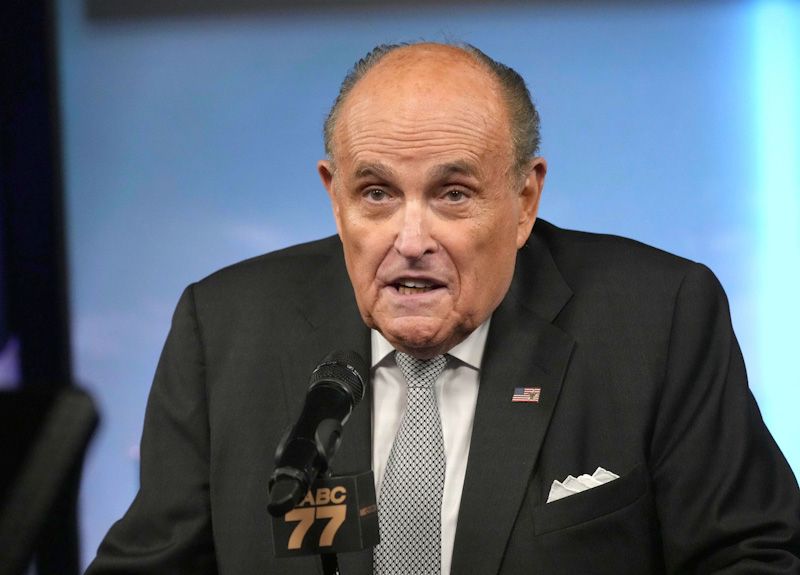BigLaw firm's alleged promises to client in hiring talks were puffery, judge says in tossing claims
A company that fired its law firm, then accepted a $4 million settlement from the U.S. Department of Defense, can’t sue the firm on the ground the settlement should have been $10 million, a federal judge has ruled.
The decision (PDF) last week by U.S. District Judge Richard Leon of Washington, D.C., dismissed counterclaims against Venable by the Overseas Lease Group in the
Leon said a plaintiff alleging professional negligence has to show neglect of a reasonable duty caused the harm. That didn’t happen in this case, Leon said. “None of the damages logically flow from any acts of Venable,” Leon wrote, “but instead form OLG’s voluntary decision to settle its claims.”
Leon also said alleged misrepresentations by Venable when it sought Overseas’ business amounted to puffery that was not actionable.
Overseas had hired Venable to pursue a settlement with the U. S. Department of Defense for money allegedly due for the lease of armored vehicles. In its counterclaim against Venable, Overseas had claimed breach of contract, fraudulent inducement, breach of fiduciary duty and negligent misrepresentation.
The company claimed Venable made “virtually no contributions” to settlement negotiations, spent hours on unnecessary legal research, and made misrepresentations about the legal services it would provide.
Overseas had claimed Venable misrepresented its abilities by claiming it had a “specialty” of speedy and efficient collection, it had a favorable relationship with government officials, its lawyer could control the actions of the Justice Department lawyer in the case, and its legal fees would be kept to a minimum.
The alleged misrepresentations didn’t cause the Overseas to accept a low settlement, and they couldn’t have caused reasonable reliance on Overseas’ part, Leon said.
“All of the statements at issue are, at least, puffery, i.e., general, optimistic statements incapable of objective verification,” Leon said.
Venable’s suit against Overseas claims the company fraudulently induced Venable to represent it after Overseas failed to pay Wiley Rein for prior work in the case.



